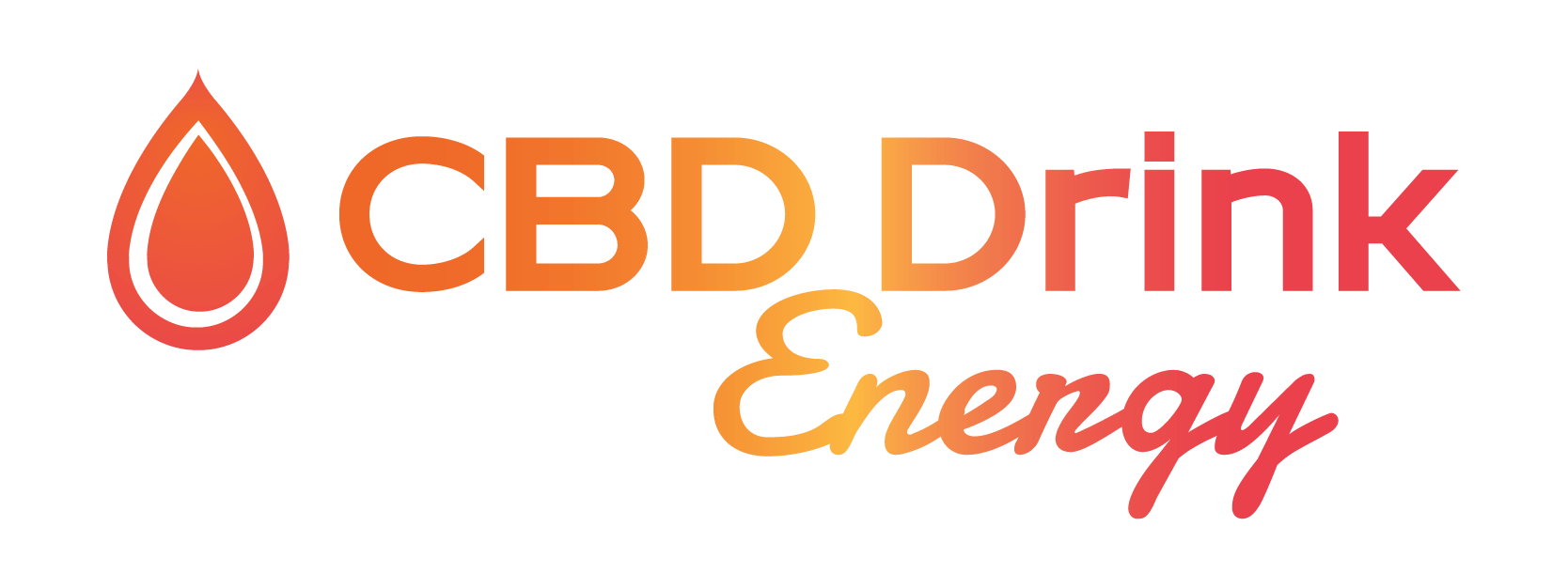CBD energy drinks are slipping into nightlife the way canned vodka-sodas did a decade ago—quietly at first, then suddenly everywhere. The shift is powered by two converging currents: the boom in functional, low- or no-alcohol options and Gen Z’s wellness-minded club habits. The no/low category continues to grow steadily through 2028, with non-alcoholic beverages leading gains—momentum that primes venues to experiment with non-intoxicating “social” beverages that still feel premium in hand.
On the supply side, CBD beverages have matured from niche products to full portfolios, with North America now representing a multi-billion-dollar slice of the market growing at double-digit rates. Industry analysts estimate CBD beverage growth surpassing 15% annually in the mid-2020s, signaling dependable runway for bars and promoters that dedicate cooler space and menu real estate.
Demand is being shaped by changing drinking norms: younger patrons increasingly moderate alcohol intake, arrive later, and mix formats across the night—water, energy drinks, no/low options, and a single cocktail. Research on nightlife culture shows rising interest in alcohol alternatives that deliver a ritual, a can-in-hand identity, and a subtle functional promise. CBD drinks—especially those combining broad-spectrum hemp with electrolytes, adaptogens, or natural caffeine—fit neatly into that gap.
The question remains: do CBD energy drinks “work” in a club context? Evidence remains early but promising around situational anxiety and social stress. Some clinical reviews and small-scale studies suggest potential anxiolytic effects at oral doses typically higher than what’s in a single canned drink; nevertheless, the consumer perception of smoother energy and less jitteriness has become a selling point for DJs and promoters marketing “balanced buzz” nights. While the science continues to evolve, the narrative already resonates with consumers.
Operators, however, must navigate a patchy regulatory landscape. The U.S. Food and Drug Administration has stated that CBD does not currently fit within existing food or supplement frameworks and has urged Congress to establish a new path forward. This uncertainty keeps most national chains cautious—but also leaves room for independent venues and event producers to collaborate with compliant brands, emphasize responsible use, and train staff on ID checks and product awareness.
Strategically, CBD energy drinks allow clubs to merchandise “tempo”: pre-game calmers, mid-set focus boosters, and late-night hydration aids. Positioning them alongside no/low cocktails and premium waters helps anchor a wellness-forward category with strong margins. Clear labeling of CBD and caffeine content, verified lab reports, and sober-safe messaging help build trust. Aligning with public health narratives around reducing harmful alcohol consumption positions these offerings as progressive and culturally relevant rather than alternative.
Read More: The Next Generation of Sports Drinks: CBD + Electrolytes
